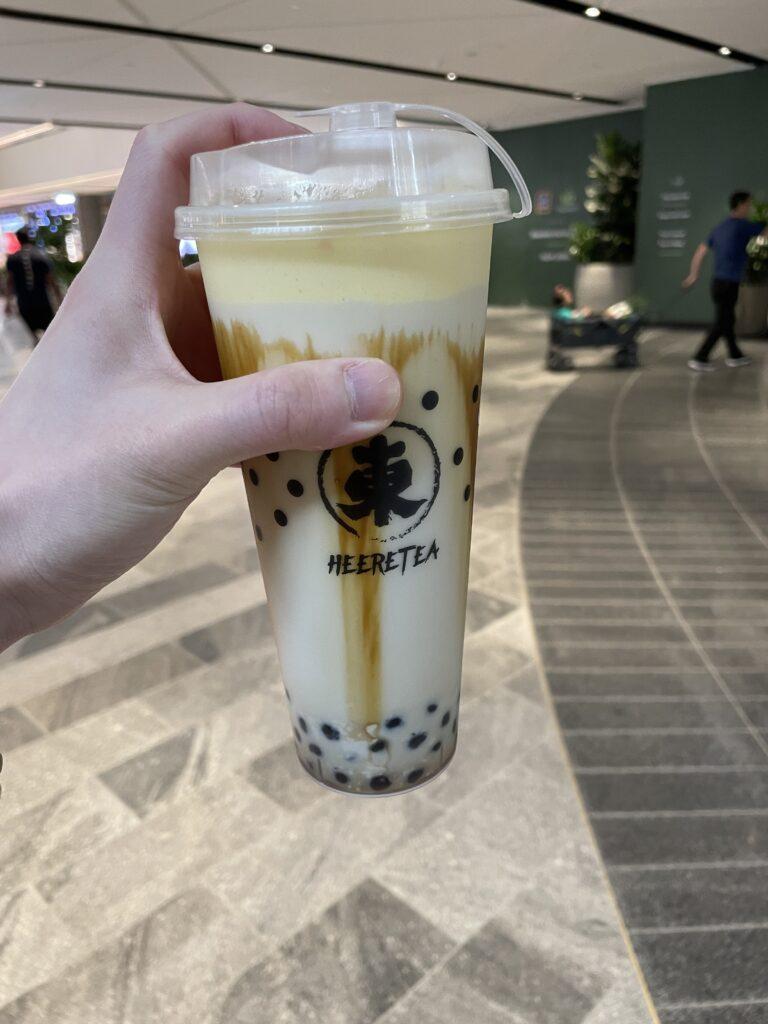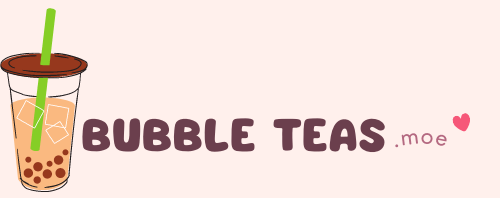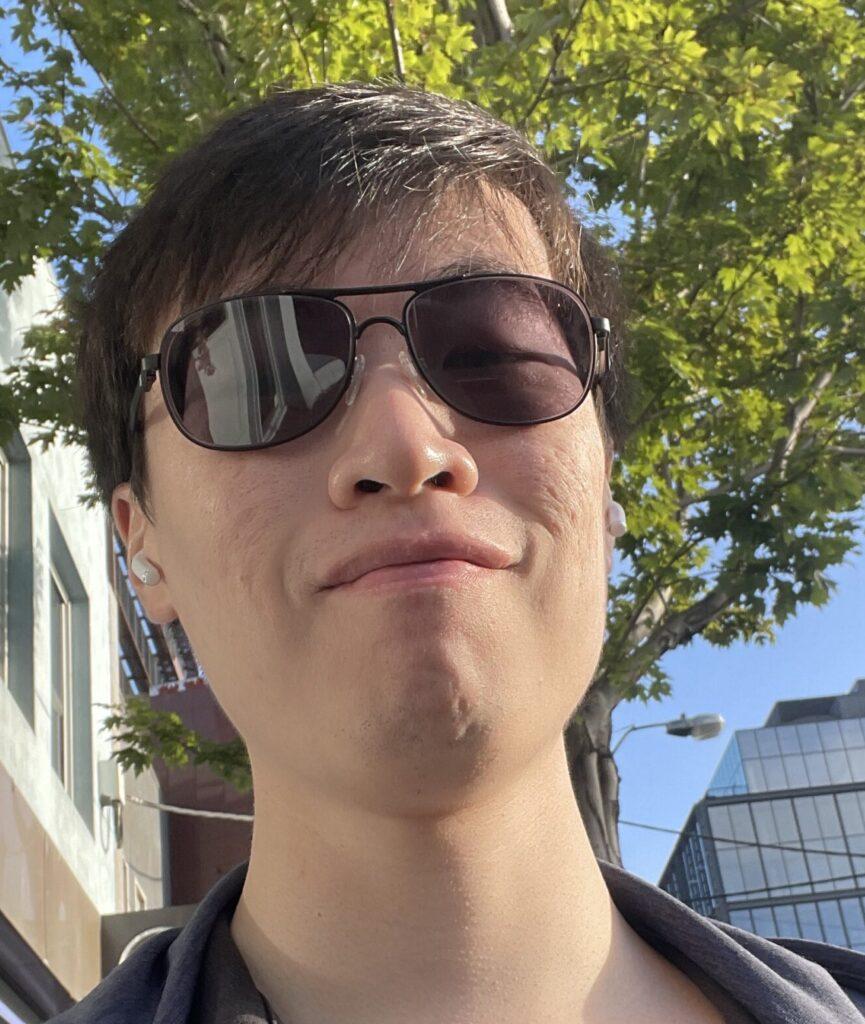Main Ingredients of Bubble Tea
To understand whether bubble tea contains caffeine, let’s explore the main ingredients in boba tea.
Tea Base
The tea base is the foundation of bubble tea and can be made from black, green, oolong, or even herbal teas. The type of tea used will have a direct impact on the caffeine content of the final product.
Milk or Creamer
Milk or creamer adds a creamy texture and richness to bubble tea. Dairy milk, plant-based milk, or non-dairy creamers are often used, depending on personal preference and dietary restrictions.
Sweeteners
Bubble tea is typically sweetened with sugar, honey, or flavored syrups. The level of sweetness can be adjusted to individual taste preferences.
Toppings
Toppings are what make bubble tea distinctive and fun. Some popular choices include chewy tapioca pearls, fruit jellies, and popping boba, which are fruit juice-filled spheres that burst in your mouth.
The Role of Caffeine in Bubble Tea
Caffeine is a natural stimulant found in tea leaves, coffee beans, and other plants. It stimulates the central nervous system, increasing alertness and reducing fatigue. In bubble tea, caffeine comes primarily from the tea base. The exact amount of caffeine in bubble tea will vary depending on several factors.

Caffeine Content in Average Bubble Milk Tea
When considering the mg of caffeine content in an average bubble milk tea, it’s important to remember that various factors influence the total amount of caffeine. However, we can provide an estimation based on typical serving sizes and ingredients.
A 16-ounce serving of bubble milk tea made with a black tea base, which is the most common choice, contains approximately 50 to 80 milligrams of caffeine. This estimate is based on the assumption that black tea contains an average of 47 milligrams of caffeine per 8-ounce cup.
Keep in mind that this estimation can vary depending on factors like the type of tea used, the brewing process, and the serving size. Additionally, other ingredients in bubble milk tea, such as milk or creamer and sweeteners, do not contribute to the overall caffeine content.
To put the caffeine content of bubble milk tea into perspective, it generally falls between the caffeine levels found in green tea (25-45 mg of caffeine per 8 ounces) and coffee (95 milligrams per 8 ounces). This makes bubble milk tea a moderate source of caffeine, suitable for those who desire a slight energy boost without the stronger effects of coffee.
Factors Influencing Caffeine Content
Type of Tea Base
Different tea varieties contain varying amounts of caffeine. Black tea typically has the highest caffeine content, followed by oolong tea, green tea, and white tea. Herbal teas, on the other hand, are usually caffeine-free.
Preparation Method
The caffeine content in tea can be affected by the brewing process. Steeping tea for longer periods or at higher temperatures can extract more caffeine from the tea leaves.
Serving Size
The size of your bubble tea will also impact the total caffeine content. Larger servings will naturally contain more caffeine than smaller ones.
How Much Caffeine is in Bubble Tea?
The caffeine content in bubble tea can range from 20 to 100 milligrams per serving, depending on the factors mentioned earlier. For comparison, an 8-ounce cup of coffee contains around 95 milligrams of caffeine.
Caffeine-Free Bubble Tea Options
If you want to enjoy bubble tea without the caffeine, there are several options available:
- Choose herbal tea as your base, which is naturally caffeine-free.
- Opt for a fruit-based drink without tea, such as fruit smoothies or slushes with boba toppings.
- Ask your local bubble tea shop if they offer decaffeinated tea options.
Pros and Cons of Caffeine in Bubble Tea
Pros
- Increased alertness and focus: Moderate caffeine consumption can help improve cognitive function and concentration.
- Enhanced physical performance: Caffeine is known to improve athletic performance by increasing endurance and reducing fatigue.
- Metabolism boost: Caffeine can increase your metabolic rate, which may aid in weight management.
Cons
- Sleep disruption: Consuming caffeine too close to bedtime can interfere with your sleep quality and duration.
- Increased heart rate and blood pressure: High caffeine intake can lead to elevated heart rate and blood pressure, especially for those sensitive to its effects.
- Addiction and withdrawal: Regular caffeine consumption can lead to dependence and withdrawal symptoms when attempting to reduce intake.
How to Control Caffeine Intake in Bubble Tea
Here are some tips for managing your caffeine consumption when enjoying bubble tea:
- Choose a tea base with lower caffeine content, such as green or white tea.
- Limit the size of your bubble tea serving.
- Avoid consuming bubble tea late in the day to prevent sleep disruption.
- Alternate between caffeinated and caffeine-free options.
Frequently Asked Questions
Can I get decaffeinated bubble tea?
Some bubble tea shops may offer decaffeinated tea options, but it’s best to ask at your local store. Alternatively, you can choose a caffeine-free base such as herbal tea or a fruit-based drink.
Is it safe to drink bubble tea every day?
Consuming bubble tea in moderation is generally safe. However, be mindful of the sugar, calorie, and caffeine content, as excessive consumption can lead to health issues.
How much caffeine is in a typical serving of bubble tea?
The caffeine content in bubble tea can range from 20 to 100 milligrams per serving, depending on the type of tea base, preparation method, and serving size.
Can children drink bubble tea?
It’s essential to consider the caffeine and sugar content when serving bubble tea to children. Opt for caffeine-free and lower-sugar options to ensure a healthier choice.
How does the caffeine content of bubble tea compare to coffee?
An 8-ounce cup of coffee typically contains around 95 milligrams of caffeine. Bubble tea can contain anywhere from 20 to 100 milligrams of caffeine per serving, depending on various factors. This might make bubble tea healthiness just about the same as caffeine (before counting sugar of course!)

